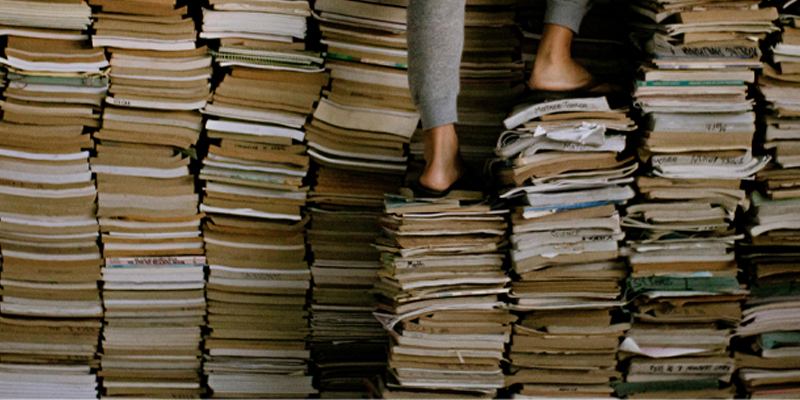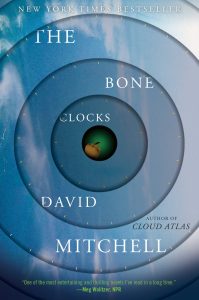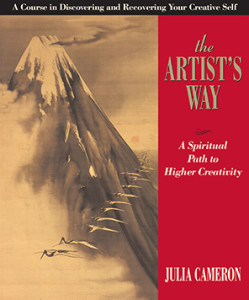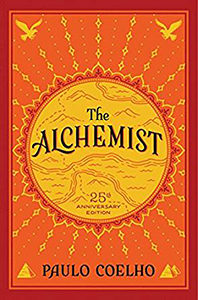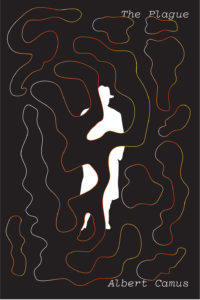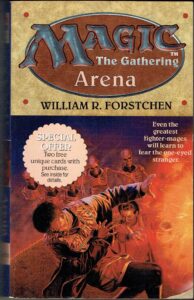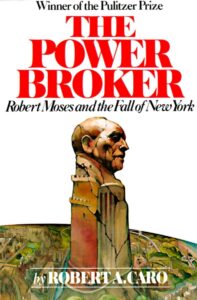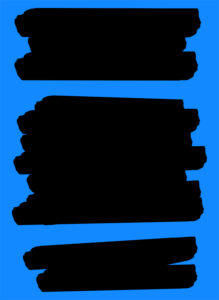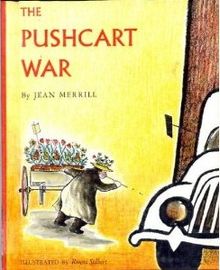Palestinian American poet Fady Joudah has won the $100,000 Jackson Poetry Prize.
Acclaimed Palestinian American poet, translator, and physician Fady Joudah has received a $100,000 prize from Poets & Writers.
The Jackson Poetry Prize is awarded annually to an American poet of “exceptional talent,” and was chosen this year by a panel of three poets: Natalie Diaz, Gregory Pardlo and Diane Seuss. In announcing Joudah as this year’s recipient, the judges issues the following citation:
The Jackson Poetry Prize celebrates Palestinian-American poet Fady Joudah’s significant and evolving body of work, distinguished by his courage to speak in the face of the unspeakable, in poems of lyric concision and intensity. “I write for the future,” Joudah tells us, “because my present is demolished.” From the epicenter of that devastation, Joudah resists via the potent image, the senses, and the network of feelings, conjuring the smile of a child rescued from a bombed-out home, and two siblings who liberate their fish “from the rubble of airstrikes”—speaking of and from the “collaterals” of war. Joudah’s diction is slippery, elucidating the instability of language in bearing what cannot be borne. This slippage echoes, as well, the fragility of selfhood, and of love, in the face of such annihilation. He demands love poems from a world so adept at withholding love. The current historical moment gives Joudah’s most recent poems particular urgency, though his body of work has consistently explored mortality, the poem’s capacity to archive the living and the dead, and to transform borders into thresholds. Joudah’s lyric gift generates a transcendence into unity, “From womb / to breath, and one / with oneness // I be: / from the river / to the sea.”
Joudah—whose 2024 collection, […], was recently hailed as “A stunning magnification of consciousness” by the Los Angeles Review of Books—was born Austin, Texas in 1971 to Palestinian refugee parents, and grew up in Libya and Saudi Arabia. He returned to the United States to study to become a doctor, and currently practices internal medicine in Houston.
Joudah has published six collections of poems: […]; The Earth in the Attic; Alight; Textu, a book-long sequence of short poems whose meter is based on cellphone character count; Footnotes in the Order of Disappearance; and Tethered to Stars. He has translated several collections of poetry from the Arabic and is the co-editor and co-founder of the Etel Adnan Poetry Prize. He was a winner of the Yale Series of Younger Poets competition in 2007 and has received a PEN award, a Banipal/Times Literary Supplement prize from the UK, the Griffin Poetry Prize, a Guggenheim Fellowship, and the Arab American Book Award.
Like so many Palestinians around the world, Joudah’s life has been marked by horrendous personal tragedy since Israel’s assault on Gaza began six months ago.
In a tweet sharing the news earlier today, Joudah wrote: “I share in honor of the real warriors across campuses and all beautiful Palestine.”




